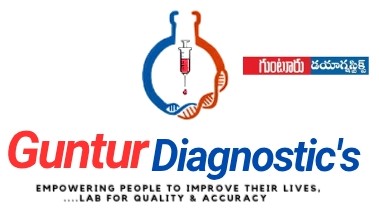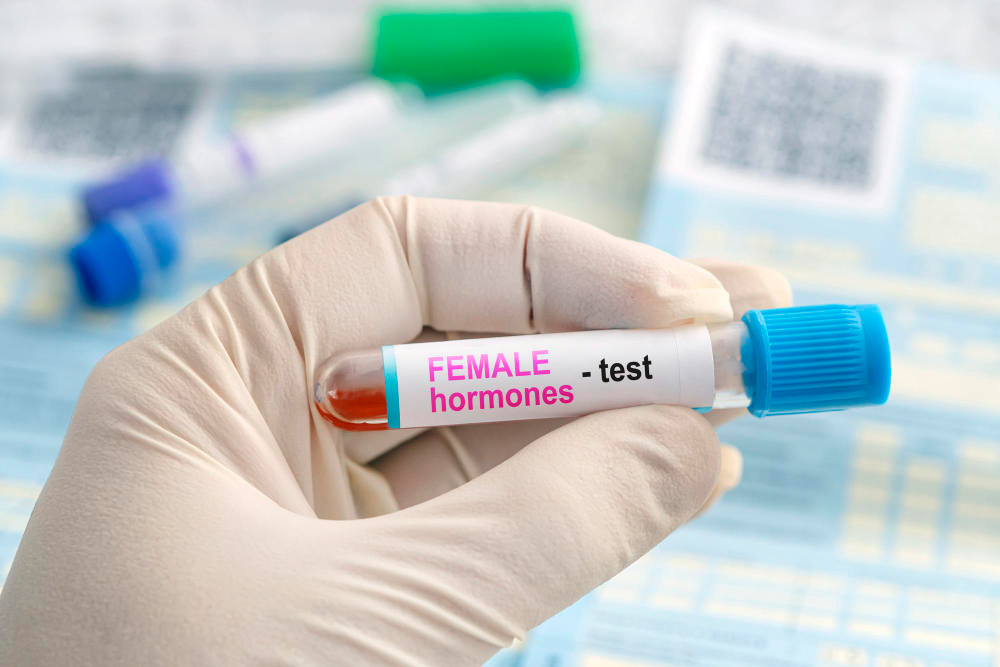Introduction to Diabetes Screening Tests
Diabetes screening tests help find diabetes early. Early detection of diabetes can prevent serious health problems. Many people do not know they have diabetes. Because of this, regular screening is important. In this blog, you will learn what diabetes screening tests are, why they matter, and how to prepare for them.
Why Are Diabetes Screening Tests Important?
Diabetes can harm your heart, eyes, kidneys, and nerves. However, many people feel fine in the early stages. That is why screening is key. With early detection, you can start treatment sooner. This helps lower the risk of complications. According to the CDC, millions of people have diabetes but do not know it. So, regular screening can save lives.
Who Should Get Screened for Diabetes?
Not everyone needs diabetes screening at the same age. Still, some people have a higher risk. You should consider screening if you:
Are 35 years or older
Have a family history of diabetes
Are overweight or obese
Have high blood pressure
Have high cholesterol
Had diabetes during pregnancy (gestational diabetes)
Are physically inactive
Belong to certain ethnic groups with higher risk
Even if you feel healthy, you may still need a test. Therefore, talk to your doctor about your risk.
Types of Diabetes Screening Tests
There are several ways to test for diabetes. Each test checks your blood sugar in a different way. Here are the most common types of diabetes tests:
Fasting Plasma Glucose (FPG) Test
This test measures your blood sugar after you have not eaten for at least 8 hours. It is simple and quick. If your blood sugar is high, you may have diabetes.
HbA1c Test (Hemoglobin A1c)
The HbA1c test shows your average blood sugar over the past 2-3 months. You do not need to fast for this test. It is often used to confirm diabetes.
Oral Glucose Tolerance Test (OGTT)
For this test, you first have your blood sugar checked after fasting. Then, you drink a sweet liquid. After two hours, your blood sugar is checked again. This test can show if your body handles sugar well.
Random Plasma Glucose Test
This test checks your blood sugar at any time of day. You do not need to fast. Doctors may use this test if you have symptoms of diabetes.
How to Prepare for Diabetes Screening
Preparation depends on the type of test. For fasting tests, do not eat or drink anything except water for 8 hours before the test. For the HbA1c test, you can eat and drink as usual. Always follow your doctor’s instructions. If you take medicine, ask if you should take it before the test.
What Do the Results Mean?
Test results help your doctor know if you have diabetes, prediabetes, or normal blood sugar. Here is what the numbers mean for adults:
Fasting Plasma Glucose: Less than 100 mg/dL is normal. 100-125 mg/dL means prediabetes. 126 mg/dL or higher means diabetes.
HbA1c: Below 5.7% is normal. 5.7%-6.4% means prediabetes. 6.5% or higher means diabetes.
OGTT (2 hours after drink): Less than 140 mg/dL is normal. 140-199 mg/dL means prediabetes. 200 mg/dL or higher means diabetes.
However, your doctor may repeat tests to confirm the results. Always discuss your results with a healthcare professional.
How Often Should You Get Screened?
Most adults should get diabetes screening every 3 years starting at age 35. If you have risk factors, you may need testing more often. For example, if you had gestational diabetes, you should get tested every year. Your doctor will tell you what is best for you.
Tips for Prevention and a Healthy Lifestyle
Even if your test is normal, you can lower your risk of diabetes. Here are some tips:
Eat a balanced diet with fruits, vegetables, and whole grains
Stay active with regular exercise
Maintain a healthy weight
Avoid sugary drinks and snacks
Get enough sleep
Do not smoke
See your doctor for regular check-ups
With these steps, you can help prevent diabetes and stay healthy.
Conclusion
Diabetes screening tests are simple but very important. Early detection of diabetes can help you avoid serious health problems. If you have risk factors, do not wait. Consult a healthcare professional for personalized diabetes screening advice.



